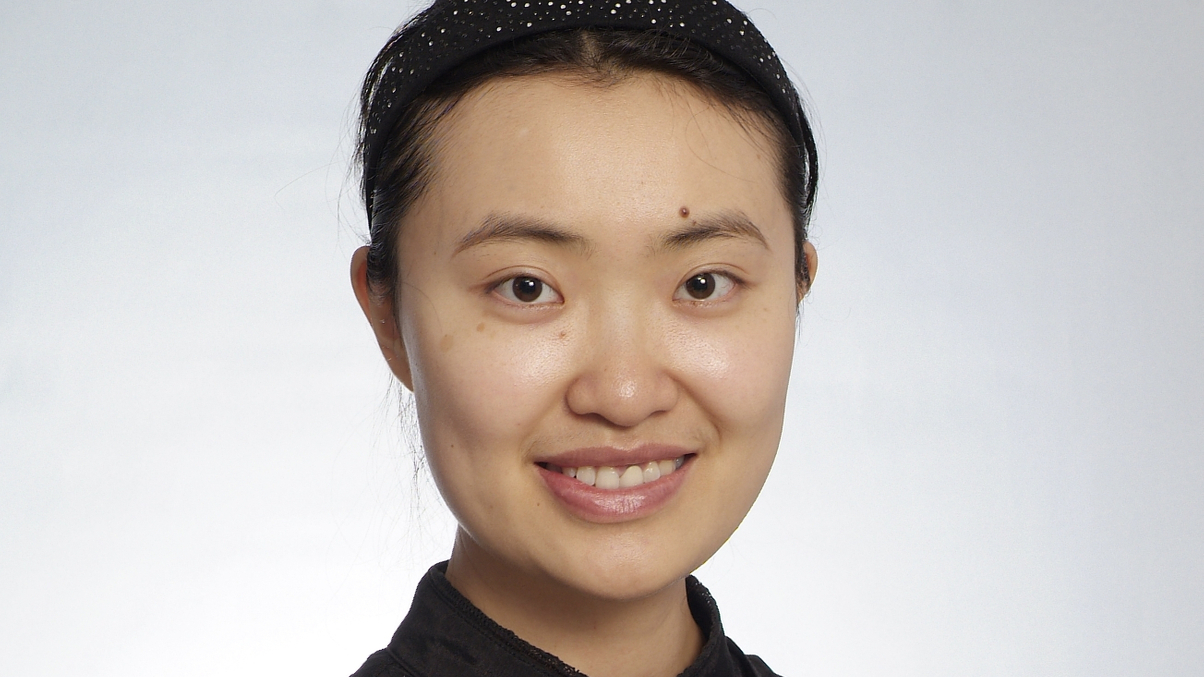Demand grows for Ucits and AIFM advice in Asia
Uncertainty over European regulations is leading Asian firms to set up lightly regulated offshore structures, says Arendt & Medernach, a firm specialising in Luxembourg law.

Arendt & Medernach, Luxembourg's largest law firm, is receiving an increasing number of enquiries about the Ucits standard, Luxembourg funds law and the implications of pending European regulation from Asian clients.
Sign in to read on!
Registered users get 2 free articles in 30 days.
Subscribers have full unlimited access to AsianInvestor
Not signed up? New users get 2 free articles per month, plus a 7-day unlimited free trial.
¬ Haymarket Media Limited. All rights reserved.


